Happily Never/Ever After: The School for Good and Evil was a Fun but Disappointing Nostalgia Trip

November 21, 2022
Last month, Netflix transported viewers into a world of fairytales with their release of A School for Good and Evil on October 18, 2022. The movie centered around two girls from a small town called Galvadon who are swept away to the mysterious schools of Good and Evil where students train to become the next heroes and villains of fairytales. The girls’ friendship is put to the test when things begin to not go according to plan. The trailer, which had come out months prior, offered the public glimpses into this world. Many fans were excited to see that the story’s titular characters, Agatha and Sophie, were going to be played by Sofia Wylie and Sophia Anne Caruso respectively. Wylie who has several prominent roles in both Disney and Marvel shows and Anne Caruso who was most well known for playing as Lydia in Beetlejuice the Musical are two powerhouses of acting, and, from the trailer, clearly understood their characters. I was excited to see what they would bring to the movie. Many fans of the original book series by Soman Chainani were excited to see where Netflix would take the franchise and watch their favorite moments play out on the big screen.
The Good
Watching the movie, I had the biggest grin on my face. The magic of the books was absolutely brought to life by the grand sets and ornate costumes (I was so delighted to spot some Iris Van Herpen and Dilara Findikoglu). The schools were both beautifully designed: Good, with its lush bouquets of flowers in every corner and romantic architecture, looked right out of a picture book while Evil’s gothic architecture and dark color scheme added an overall sense of unease to the school. The final fight scene was every bit as thrilling as I imagined it would be. The “Nevers” (School for Evil sudents) victorious laughter as they crush the “Evers” (School for Good Students) set to Toxic by Britney Spears gave me the craziest adrenaline rush.
The….Meh
There were a couple of things in the movie that I didn’t enjoy as much. Most of them were small, and didn’t really detract from my enjoyment of the movie one way or another. For starters, the soundtrack was probably one of my least favorites that I’ve seen in a movie so far. Most scenes had pop songs from the last couple of years playing in the background that often felt jarring and out of place (sans Toxic). I could see that they were trying to give the movie a more modern and offbeat feel to tie into the theme of subverting fairy tale tropes through the use of modern language. However, even that was incorporated better than the music was and felt drastically less out of place. Even using the instrumentals like Bridgerton did would have been better. and maybe I’m just sick of hearing Brutal by Olivia Rodrigo in a movie.
The Problematic
There were a few questionable moments in the movie, one of the most glaring ones coming during Sophie’s “Evil” transformation. As Sophie becomes consumed with Evil, she transforms into a traditional depiction of a hag or witch, complete with a hooked nose. The reason why this detail of Sophie’s appearance is problematic is that the hooked nose being used to symbolize “evil” has a long antisemitic history attached to it and is often used in Jewish caricatures and propaganda. While it has become a classic feature of the “witch” appearance, it’s important to note that even that portrayal of witches is rooted in antisemitic rhetoric as well. It’s important that in 2022, we examine how we depict evil and villainy in our media. It was especially crucial for a story that tried to push against binary depictions of the topic.
A lot of fans are also upset about the supposed queerbaiting that happened in the movie, which ends with Agatha and Sophie sharing a true love’s kiss that the movie’s narrative tries to paint as “the testament to friendship.” I personally don’t know how to feel about this as while the pair do kiss in the book as well, it gets revealed later on that they’re siblings. It’s just a very bizarre situation altogether and I’m just hoping the plot gets changed in future film installments to avoid the awkward feeling book readers got when the sibling reveal happened. It doesn’t add much to the story anyways.
Off-Book, But Why?
There were several aspects of the plot that deviated from the book which was either inconsequential or detrimental enough to make me wonder why they were added at all. The blood magic…existed. The world already has regular magic so I wasn’t quite sure what blood magic added to it, besides it being slightly implied to be stronger. Also speaking of blood magic, Rafael/The School Master not being masked and regularly roaming around the school really killed any intrigue and mystery the original character had around him for the first book. He no longer felt like the ominous villain he was supposed to be.
Finally, the change to make the people of Galvadon unaware of the schools ended up hindering the arcs of both main characters, which I’ll discuss further later on. Nothing compares to the morbid hilarity of the first book’s first line: “Sophie had waited all her life to be kidnapped.” The book quickly establishes that unlike the other children of Galvadon, Sophie had spent her whole life dreaming of going to the School for Good and leaving her drab life behind. Her desire to be selected drives her to further indulge in her own vanity (since “Good” always has to look beautiful) and befriend the town’s outcast Agatha for her own personal gain. This highlights her truly selfish nature early on and gives the audience insight as to why she ended up in the School for Evil. Making Galvadonians aware of the school wouldn’t have added any more run time to the movie and would help establish Sophie’s personality early on, which is something the movie struggles with.
This moves into my biggest gripe with the movie: how the arcs of the main characters were handled. This issue doesn’t stem from the acting as Wylie and Anne Caruso exceeded my expectations with their portrayals. Their on-screen chemistry was phenomenal and they did an amazing job creating a quite touching and compelling friendship on screen. Wylie really does tap into Agatha’s standoffish nature but doesn’t shy away from showing the character’s softer and noble side as well. Anne Caruso fully embraces Sophie’s inner diva and does a frighteningly good job of playing the villain. Unfortunately, due to pacing and bizarre character development choices, Agatha and Sophie’s stories, which are truly the crux of the narrative, don’t feel as satisfying.
Mistress of Evil or Damsel in Distress?
Sophie doesn’t get the brunt end of the rushed pacing as the movie often favors her story over Agatha’s by giving her a more fleshed-out and concrete evolution from doe-eyed village girl to Queen of Evil. However, I never got the sense that Sophie deserved to be a “Never,” since the movie tries really hard to convince you otherwise. Yes, while Sophie and Agatha’s friendship was adorable to watch on screen, the choice to make Sophie’s befriending a genuine one as opposed to initially helping boost her chances of getting selected, just erases an instance of her showing her true villainous nature. Also, Rafael showing his face every five minutes to talk to Sophie makes her turn to the dark side and feel more manipulated than her own free will. Yes, in the books too, Rafael did goad Sophie into eventually joining his side, but many of her actions, including murder were ones she made willingly.
Along with that, they really don’t develop the whole “Nemesis” plotline which is pivotal to Sophie and Agatha’s relationship. A Nemesis in this world is your one true enemy. Every villain has an assigned Nemesis from the School for Good, who aids in their descent to evil. Their entire personality is twisted into despising their Nemesis and Sophie’s Nemesis, to no surprise, ends up being Agatha. The whole subplot is key to showing how their relationship dissolves from friendship to bloody animosity and when they finally decide that their love for each other goes beyond the two schools, Sophie finally sees Agatha as her friend, not Nemesis, as such an emotional moment.
By warping Sophie into a misguided but well-meaning girl, who was corrupted by forces much larger than her, the movie makes me want to throw up my hand in exasperation and ask “What’s the point?”
We Love a Good Self-Confidence Arc, Oh Wait…
Because so much emphasis was put on Sophie’s journey (as poorly done as it was), Agatha, unfortunately, got shafted for most of the movie. Her relationship with Camelot’s Prince Tedros was severely underdeveloped though both actors’ charisma almost wholly made up for it. The pair were supposed to go from utter resentment to mutual respect to eventual love but the best we see in the movie is mild dislike, solely from Agatha’s end.
Another thing that irked me was how well Agatha ended up fitting in at the School for Good, despite the book emphasizing how much she stuck out like a sore thumb. Along with that, Agatha’s arc of realizing her self-worth and becoming confident in herself is basically nonexistent. Scenes where she learns to love and appreciate her outward appearances were even cut from the movie. We don’t really get to see Agatha initially be uncomfortable with the emphasis “Evers” put on beauty beside her reaction to one Beautification class and her falling in a ball gown once. Instead, she seems perfectly comfortable in frilly dresses and has her hair made up in every scene.
The ball scene was also a big letdown for this reason. In the book, she arrives in a deep midnight dress, which symbolizes a happy medium between the school’s expectations of her and her staying true to her love for dark colors. At the ball, she realizes she’s found how to perform femininity in a way that makes her happy and comfortable, and the moment is about her. In the movie, she shows up in a generic baby blue ball gown and is, as she is for most of the movie, preoccupied with Sophie. I know that given the sheer size of the book, the movie can’t cover every single moment of Agatha’s journey, but I really wish we had gotten to see her grow into the princess she was meant to be.
In Conclusion
I think The School for Good and Evil would have benefited from being a TV Show. There’s just so much material to get through and Sophie and Agatha’s stories would have a much bigger impact if given more time. We’d get to see their power struggle and transformations which is what made the original book so compelling.
Regardless of my gripes with the movie, I want to reiterate that I did overall enjoy it, and definitely wouldn’t be so critical of it on a casual watch. The movie succeeded at being a nostalgia trip for someone who loved the original trilogy and did a great job at garnering interest in Soman Chainani’s work.



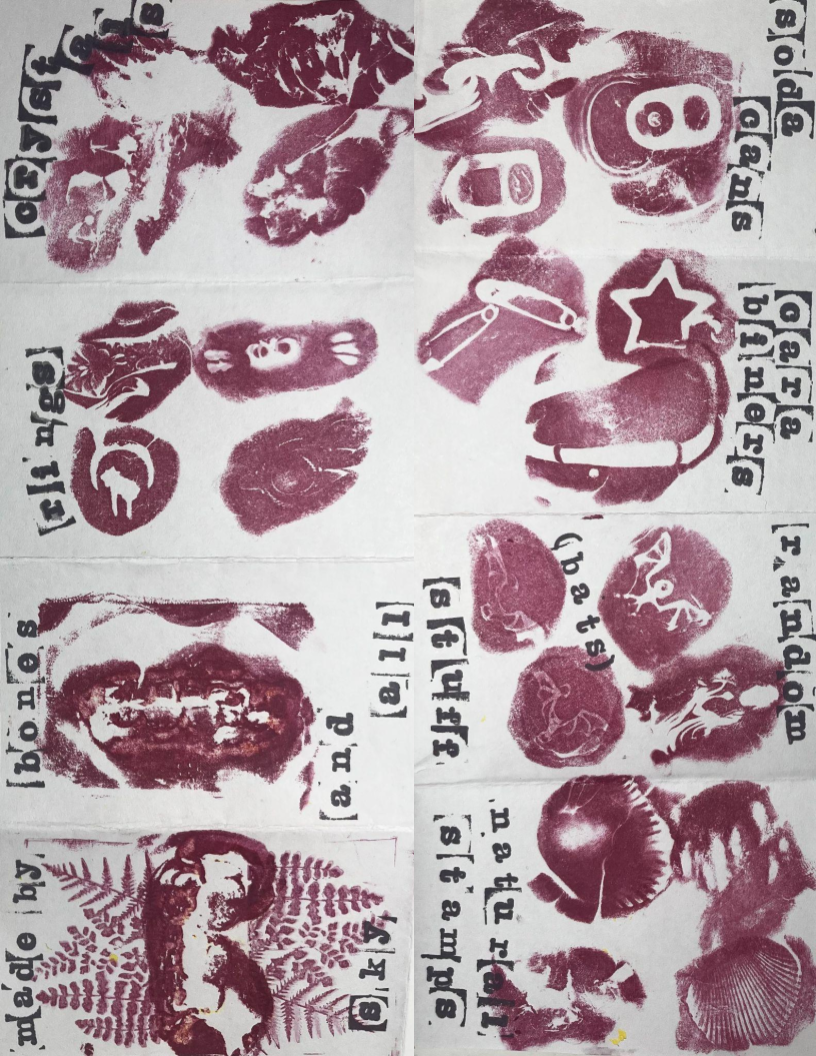



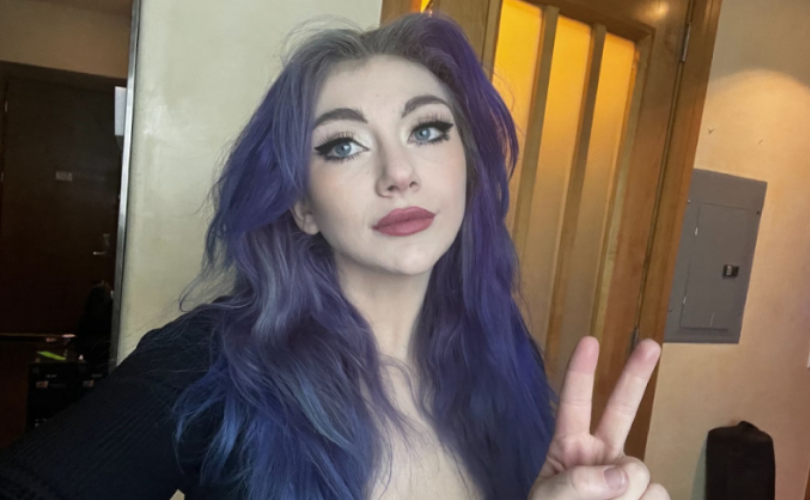
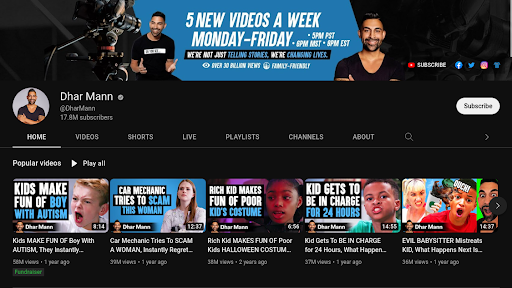


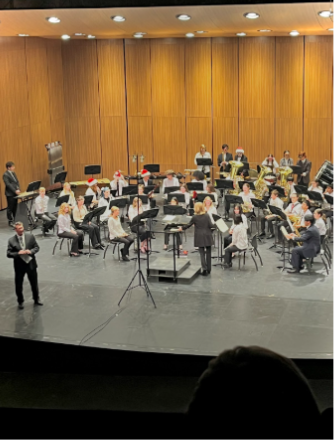
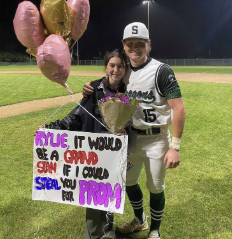



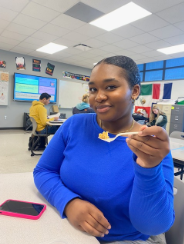







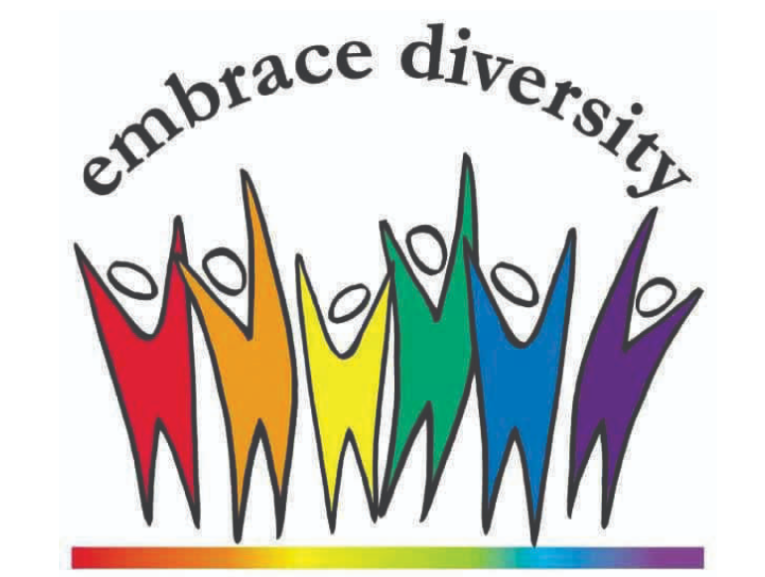


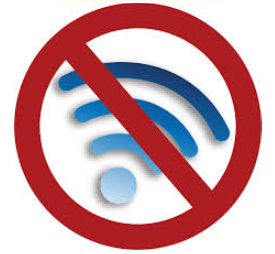
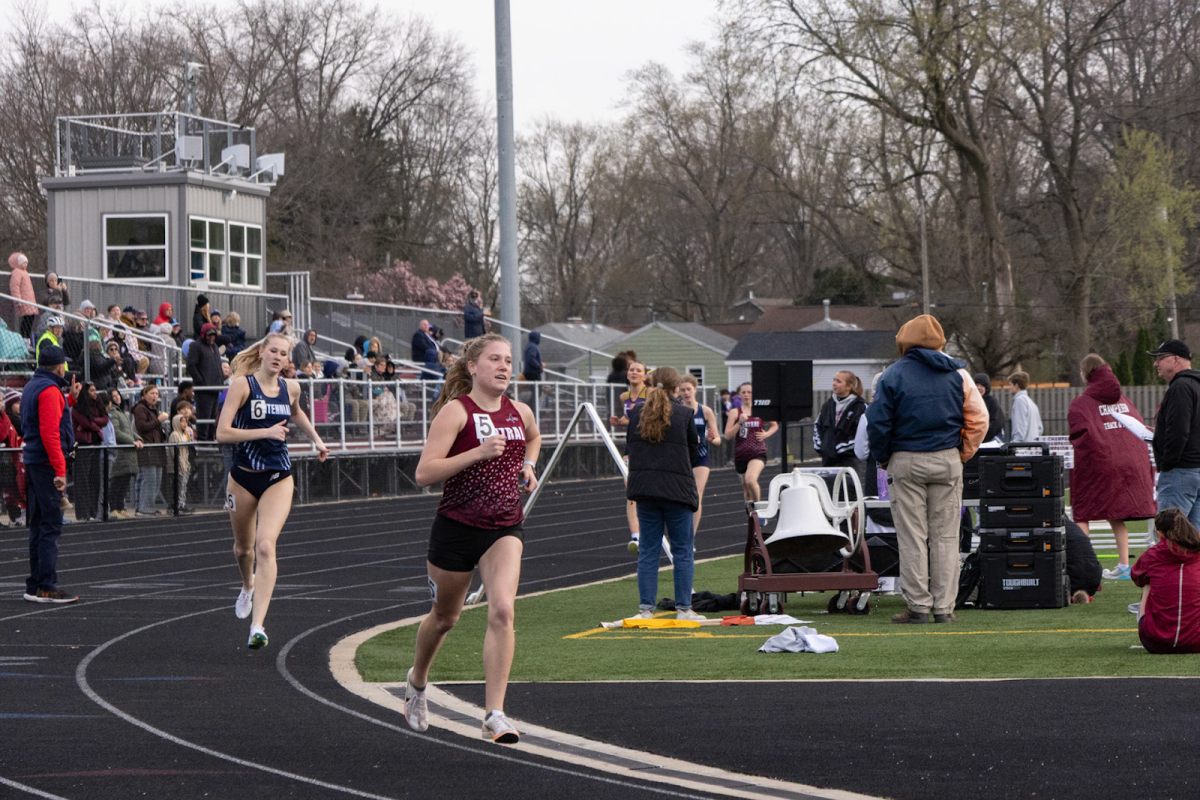
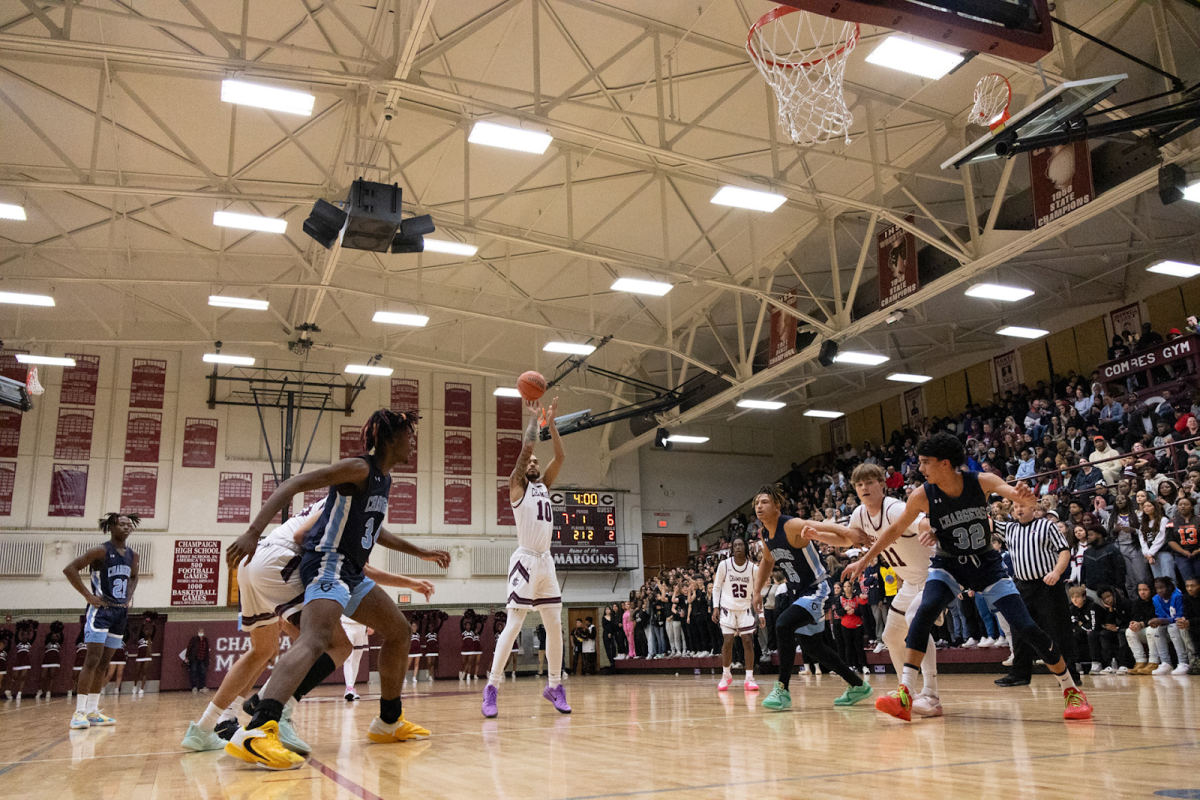

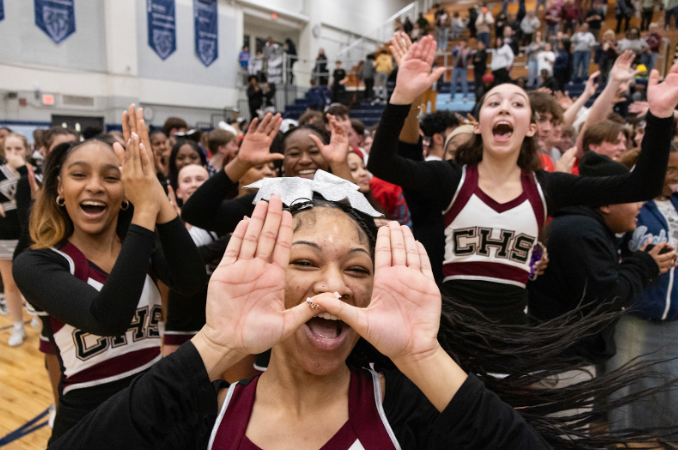


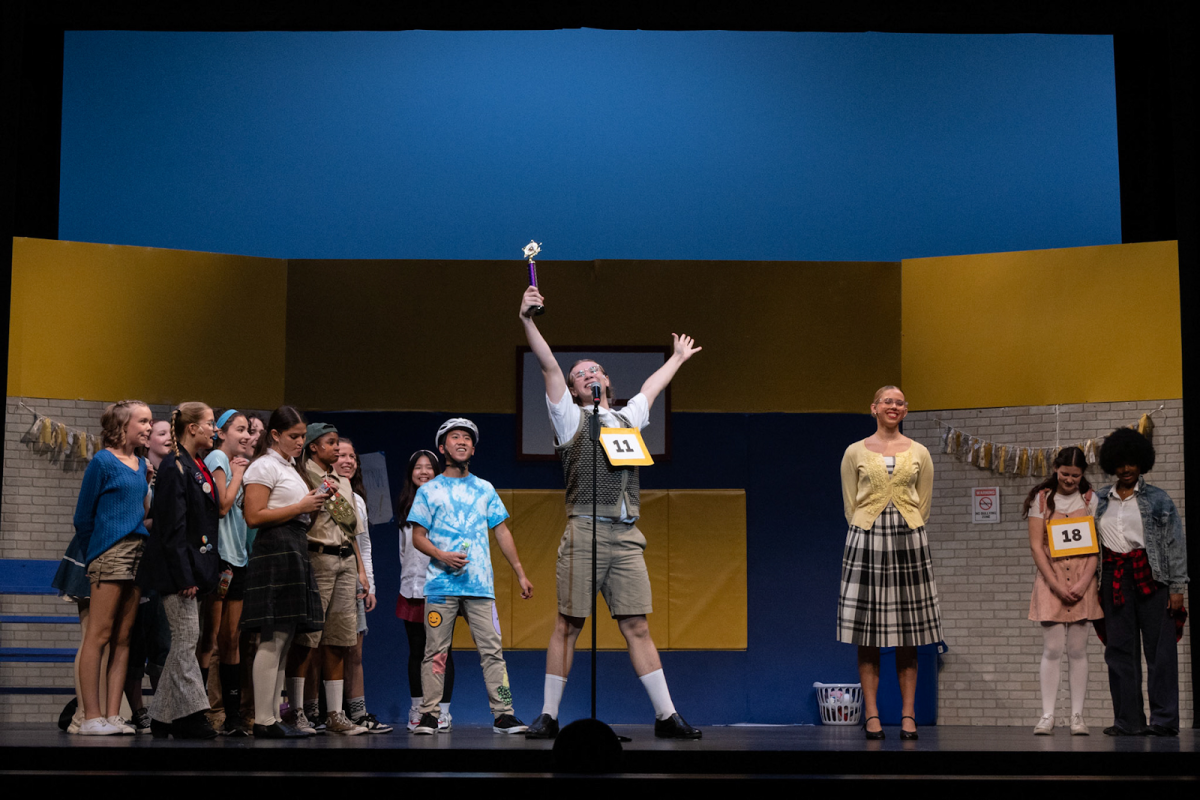
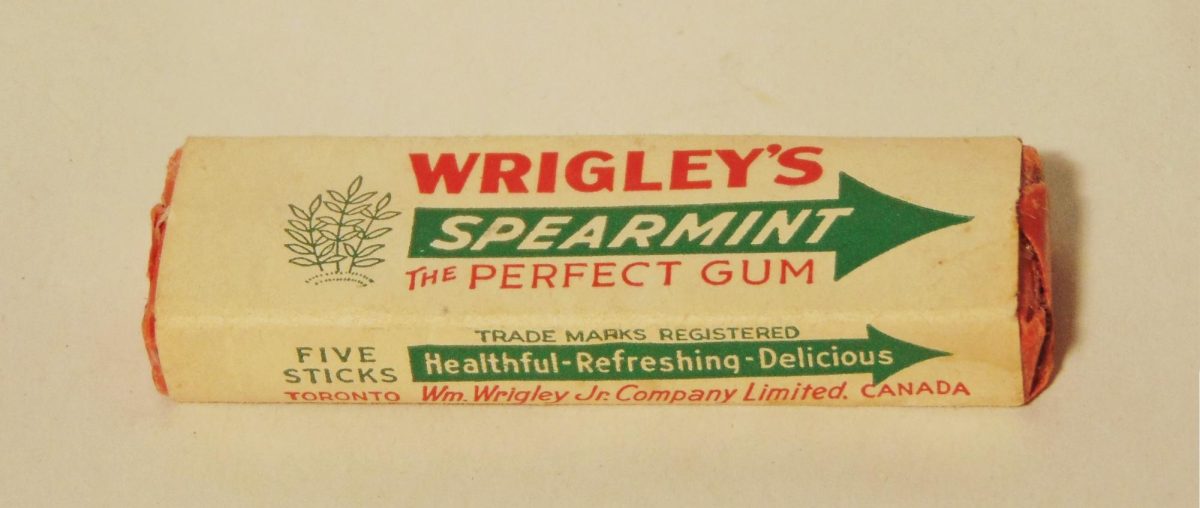
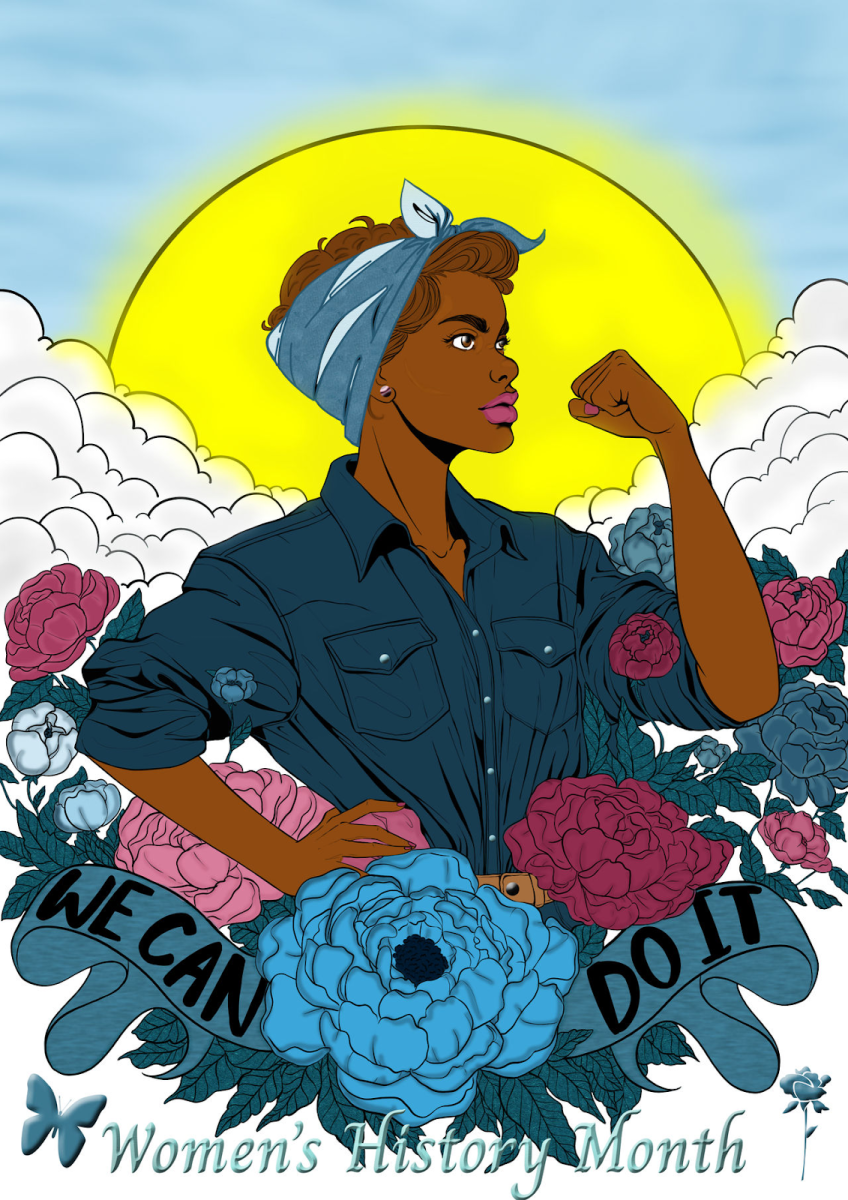
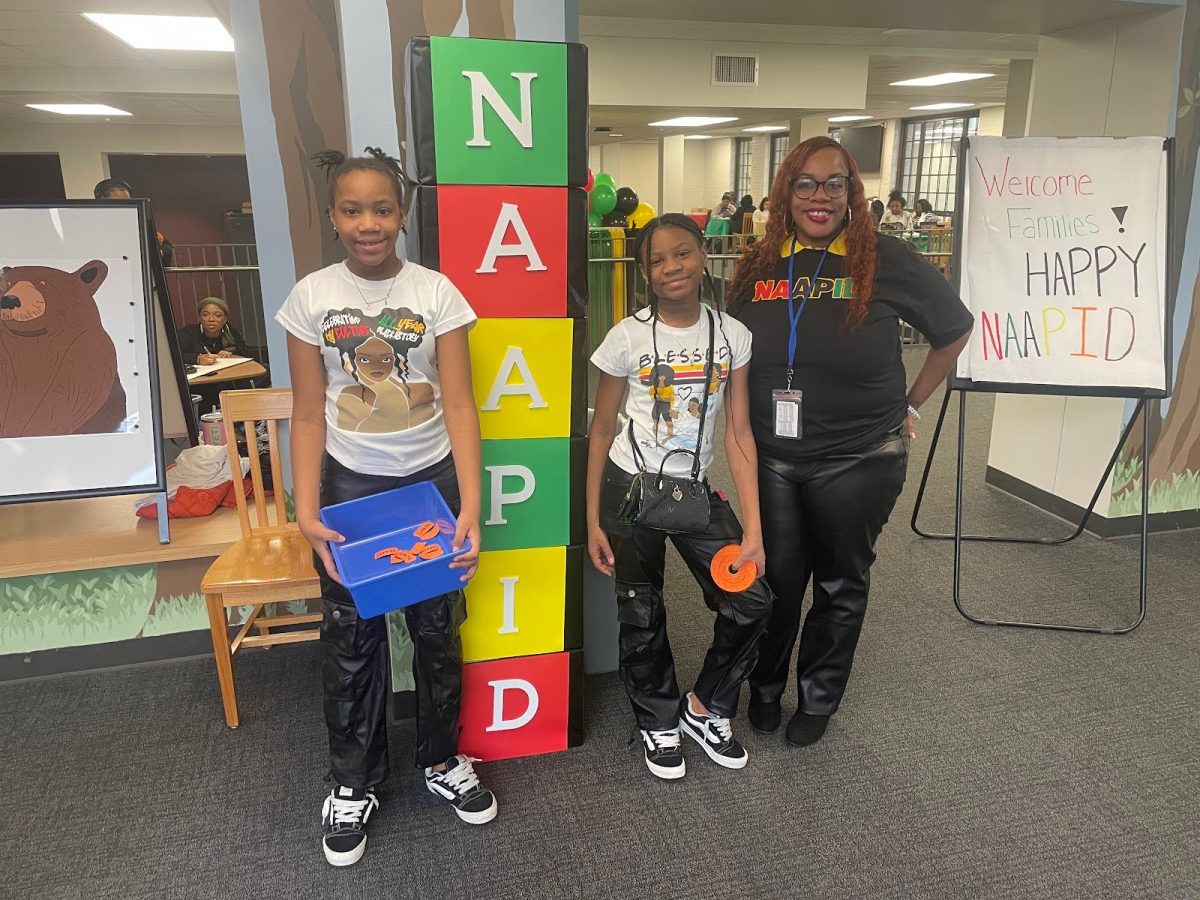

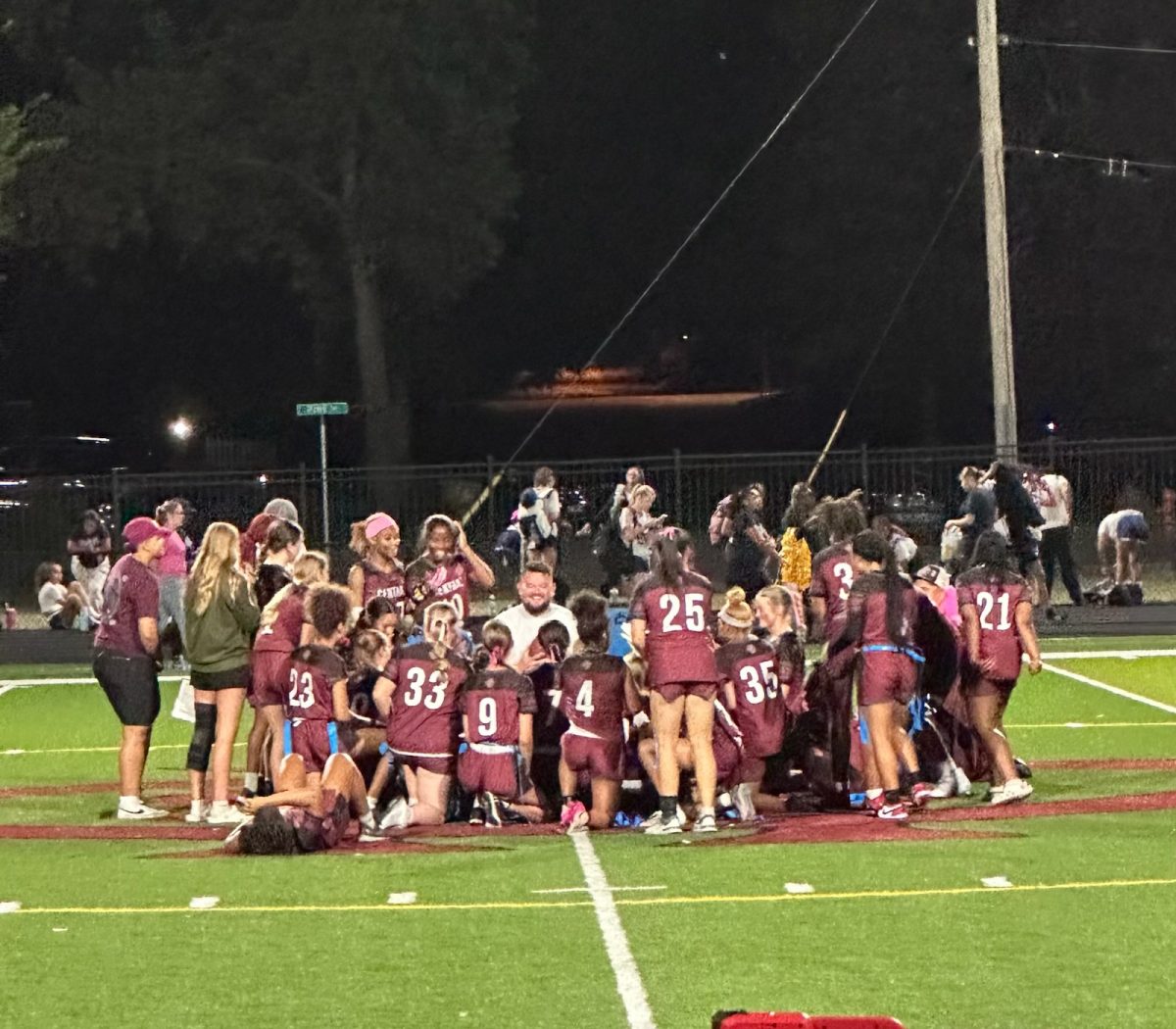







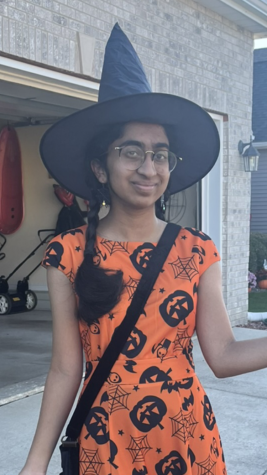
Samaira Sandil • Nov 22, 2022 at 11:14 am
This is so well-written! I can never get enough of your writing, Janani. I’ve never been into this series before, but I now look forward to checking the show out myself.